8th July, 2024
In the fast-paced world of modern business, CEOs are continually seeking innovative solutions to streamline operations, enhance efficiency, and drive growth. Cloud accounting has emerged as a game-changer, offering a multitude of benefits that traditional accounting systems simply can’t match. For modern CEOs, embracing cloud accounting isn’t just an option—it’s a strategic imperative. Here’s why cloud accounting is revolutionizing the way businesses manage their finances!
- Real-Time Financial Insights
One of the most significant advantages of cloud accounting is the ability to access real-time financial data. Unlike traditional accounting systems that require manual updates and periodic reconciliations, cloud accounting platforms automatically update financial information as transactions occur. This real-time access allows CEOs to make informed decisions based on the latest data, ensuring agility and responsiveness in a rapidly changing business environment. With cloud accounting, CEOs can monitor cash flow, track expenses, and analyze financial performance anytime, anywhere.
2. Enhanced Collaboration and Accessibility
Cloud accounting fosters seamless collaboration among team members, regardless of their physical location. In a world where remote work is becoming increasingly common, this feature is invaluable. Cloud-based platforms allow multiple users to access and update financial data simultaneously, eliminating the need for back-and-forth emails and version control issues. CEOs, accountants, and other stakeholders can work together in real-time, improving communication and efficiency. Additionally, cloud accounting platforms are accessible from any device with an internet connection, providing flexibility and convenience for busy executives on the go.
3. Cost Efficiency and Scalability
Traditional accounting systems often involve significant upfront costs for software licenses, hardware, and maintenance. In contrast, cloud accounting operates on a subscription-based model, reducing initial expenses and providing predictable monthly costs. This cost-efficient approach is particularly beneficial for startups and small businesses with limited budgets. Moreover, cloud accounting platforms are inherently scalable, allowing businesses to easily add or remove features as they grow. CEOs can invest in the functionalities they need without the hassle of overhauling their entire system.
4. Improved Data Security
Data security is a top concern for any business, and cloud accounting platforms are designed with robust security measures to protect sensitive financial information. Leading cloud accounting providers employ advanced encryption, multi-factor authentication, and regular security audits to safeguard data from unauthorized access and cyber threats. Additionally, cloud platforms offer automated backups, ensuring that financial data is always protected and recoverable in case of hardware failures or other disasters. For CEOs, this level of security provides peace of mind and allows them to focus on strategic priorities.
5. Automation of Routine Tasks
Cloud accounting platforms leverage automation to streamline routine tasks such as invoicing, payroll processing, and expense tracking. By automating these time-consuming processes, businesses can reduce manual errors, improve accuracy, and free up valuable time for more strategic activities. For CEOs, automation means greater efficiency and the ability to focus on high-impact initiatives that drive growth and innovation. Additionally, automation enhances financial reporting capabilities, providing real-time insights and analytics to support data-driven decision-making
6. Seamless Integration with Other Tools
Modern businesses rely on a variety of software tools to manage different aspects of their operations, from customer relationship management (CRM) to inventory management. Cloud accounting platforms are designed to integrate seamlessly with these tools, creating a unified ecosystem that enhances overall efficiency. By connecting financial data with other business systems, CEOs can gain a holistic view of their operations, streamline workflows, and make more informed decisions. This integration also reduces the need for manual data entry and minimizes the risk of discrepancies.
7. Environmental Sustainability
In an era where sustainability is a growing priority, cloud accounting offers an eco-friendly alternative to traditional accounting practices. By reducing the need for physical paperwork and minimizing the carbon footprint associated with hardware and data centers, cloud accounting contributes to environmental sustainability. For forward-thinking CEOs, adopting cloud accounting is not only a smart business decision but also a commitment to corporate social responsibility and environmental stewardship.
In conclusion, cloud accounting is transforming the way modern CEOs manage their businesses. With real-time financial insights, enhanced collaboration, cost efficiency, improved data security, automation, seamless integration, and environmental sustainability, cloud accounting provides a comprehensive solution that empowers CEOs to drive growth and innovation. As the business landscape continues to evolve, embracing cloud accounting is essential for staying competitive and achieving long-term success. For CEOs looking to future-proof their operations and unlock new opportunities, cloud accounting is truly a game-changer!
